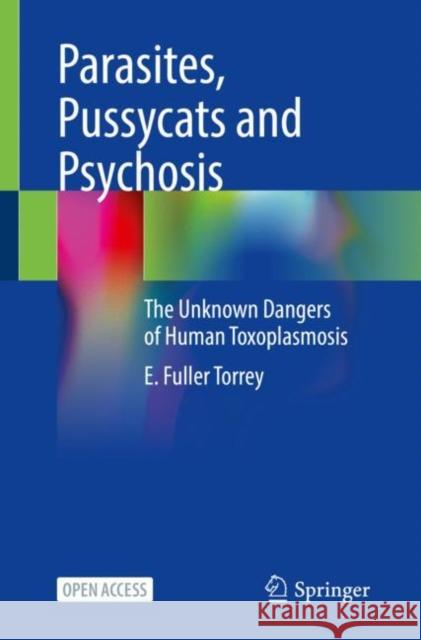Parasites, Pussycats and Psychosis: The Unknown Dangers of Human Toxoplasmosis » książka
topmenu
Parasites, Pussycats and Psychosis: The Unknown Dangers of Human Toxoplasmosis
ISBN-13: 9783030868109 / Angielski / Miękka / 2021
Kategorie BISAC:
Wydawca:
Springer Nature Switzerland AG
Język:
Angielski
ISBN-13:
9783030868109
Rok wydania:
2021
Waga:
0.27 kg
Wymiary:
23.37 x 21.34 x 0.76
Oprawa:
Miękka
Wolumenów:
01











